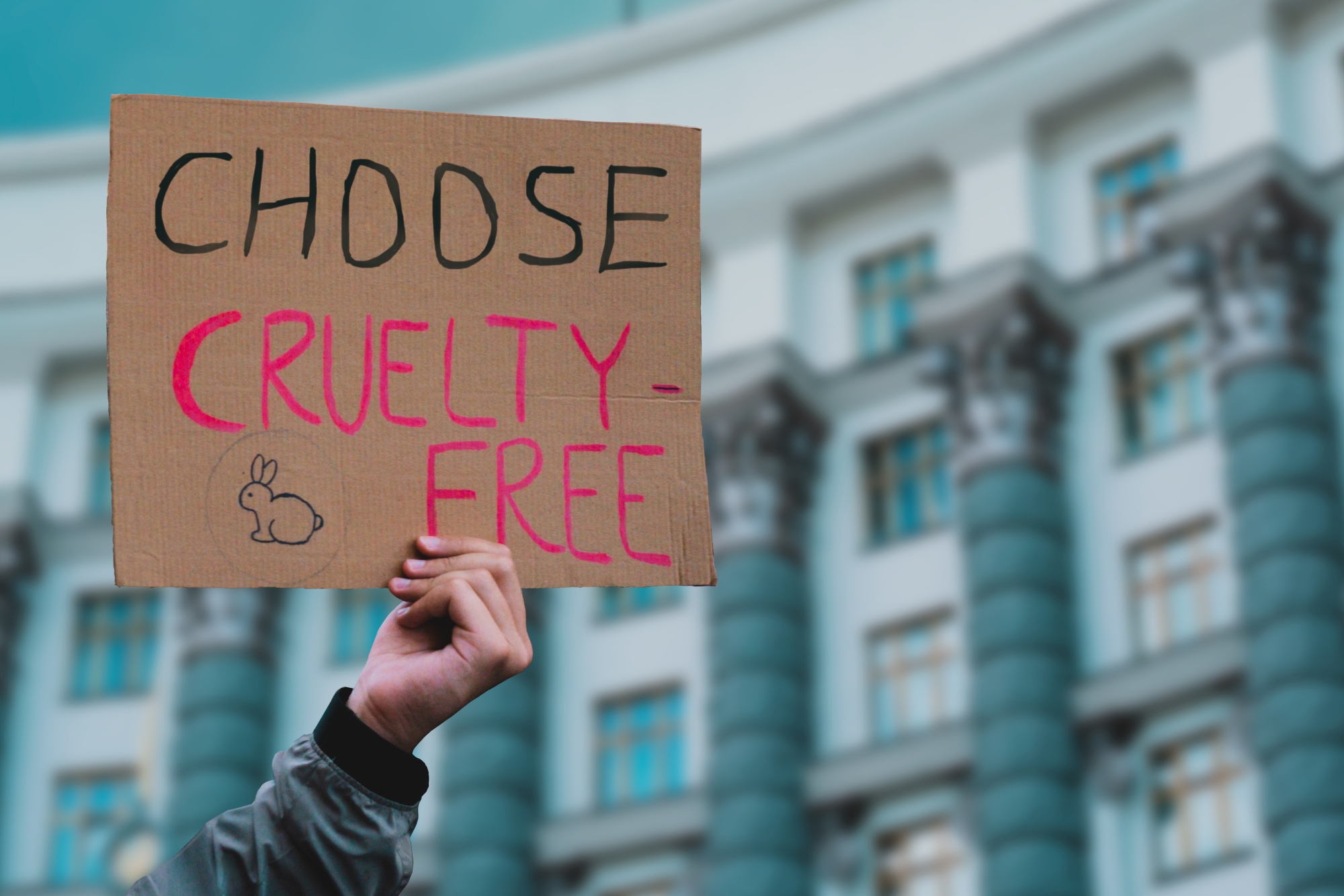When is ethical veganism a protected philosophical belief under the Equality Act 2010?
The Equality Act 2010 protects workers from unlawful discrimination related to a philosophical belief. For a philosophical belief to gain protection it must:
- Be genuinely held and not a mere opinion or viewpoint;
- Be a weighty and substantial aspect of human life and behaviour;
- Attain a certain level of cogency, seriousness, cohesion and importance;
- Be worthy of respect in a democratic society;
- Be compatible with human dignity and not conflict with the fundamental rights of others; and
- Have a similar status or cogency to a religious belief.
In the recent case of Free Miles v The Royal Veterinary College ET/2206733/2020, an employment tribunal considered whether a belief in ethical veganism (which included a belief in a positive obligation to break the law to expose and reduce animal suffering) amounted to a philosophical belief under section 10 of the Equality Act 2010.
The Claimant worked at the Royal Veterinary College as a veterinary nurse.
In February 2019, the police found a sick turkey at her flat which she said she had rescued. She was subsequently arrested by police in connection with alleged burglaries by the Animal Liberation Front.
Following the arrest, the Claimant was summarily dismissed by the Royal Veterinary College. One of the reasons for her dismissal was that they believed she was connected with an animal rights group that endorsed law breaking and that she had participated in activities including trespass and theft.
The Claimant brought an employment tribunal claim against the Royal Veterinary College for, among other things, direct and indirect philosophical belief discrimination. She argued that her belief in ethical veganism included a moral obligation to take positive action to reduce animal suffering, including trespass on property and removal of animals. By the time of the tribunal hearing, the Claimant had been charged by the police with criminal offences relating to animal rights activities.
The Tribunal decided that, as the Claimant’s belief included trespassing on private property and acting in contravention of the law, it was not worthy of respect in a democratic society, so did not satisfy the fifth element of the test in Grainger Plc v Nicholson [2010] 2 All ER 253 (as set out above). The Claimant’s discrimination claims therefore failed.
However, the Tribunal did comment that, had the Claimant’s belief in ethical veganism been limited to the belief that humans should not eat, wear, use for sport, experiment on or profit from animals, it would have had no reservation in concluding that it amounted to a philosophical belief under section 10 of the Equality Act 2010. The Tribunal also said that it might have reached the same conclusion had the moral obligation to take positive action to reduce or prevent animal suffering been limited to lawful action.
Whilst this first instance decision is not binding on other tribunals, it provides an interesting example of how a tribunal may approach belief claims based on ethical veganism, and the different aims falling under that belief.
Contact the BTO employment team if you would like to discuss any aspect of this blog.
Laura Salmond, Partner & Accredited Specialist in Employment Law: lis@bto.co.uk / 0141 221 8012 / Connect with Laura on LinkedIn





